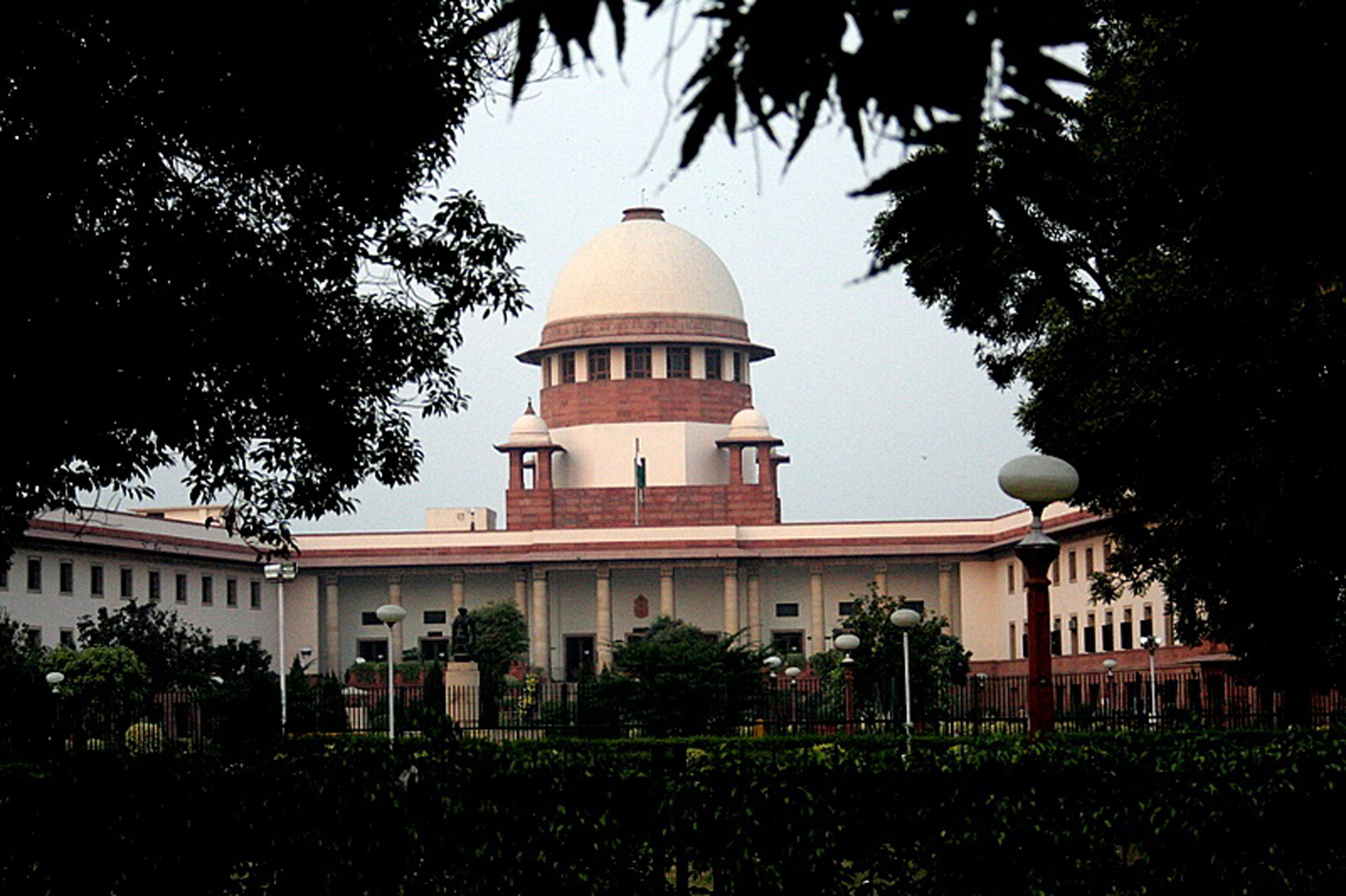The Waqf (Amendment) Act, 2025 officially came into force on Tuesday, following the issuance of a Gazette notification by the Central Government.
The Act had received the assent of President Droupadi Murmu on Sunday, two days after its passage in Parliament.
“In exercise of the powers conferred by sub-section (2) of section 1 of the Waqf (Amendment) Act, 2025 (14 of 2025), the Central Government hereby appoints the 8th day of April, 2025 as the date on which the provisions of the said Act shall come into force,” stated the official notification published in the Gazette of India.
The amended legislation brings substantial changes to the original Waqf Act. Key reforms include the separation of trusts from Waqf entities, the adoption of digital tools for property management, the creation of a centralised online portal to enhance transparency, and the restriction of Waqf property dedication to practicing Muslims only.
The law also includes provisions to protect ‘Waqf by User’ properties—those historically used by the community—and recognises women’s rights in family Waqf arrangements.
The Bill was passed by the Lok Sabha earlier in the week and cleared by the Rajya Sabha in the early hours of Friday, April 4, following a marathon 17-hour debate.
Prime Minister Narendra Modi hailed the legislation as a “watershed moment” in India’s ongoing efforts to reform and modernise the administration of Waqf properties.
According to the government, the amended Act is intended to bring greater transparency and accountability to the management of Waqf assets, while ensuring equitable representation of all Muslim communities in the functioning of Waqf Boards.
However, the legislation has drawn sharp criticism from several opposition parties, who allege that the government is using the law to further a polarising agenda.
Following its enactment, multiple Public Interest Litigations (PILs) have been filed in the Supreme Court challenging the constitutional validity of the Act.
Anticipating legal challenges, the Centre has filed a caveat in the apex court, requesting that no order be passed without hearing its side.
— IANS














